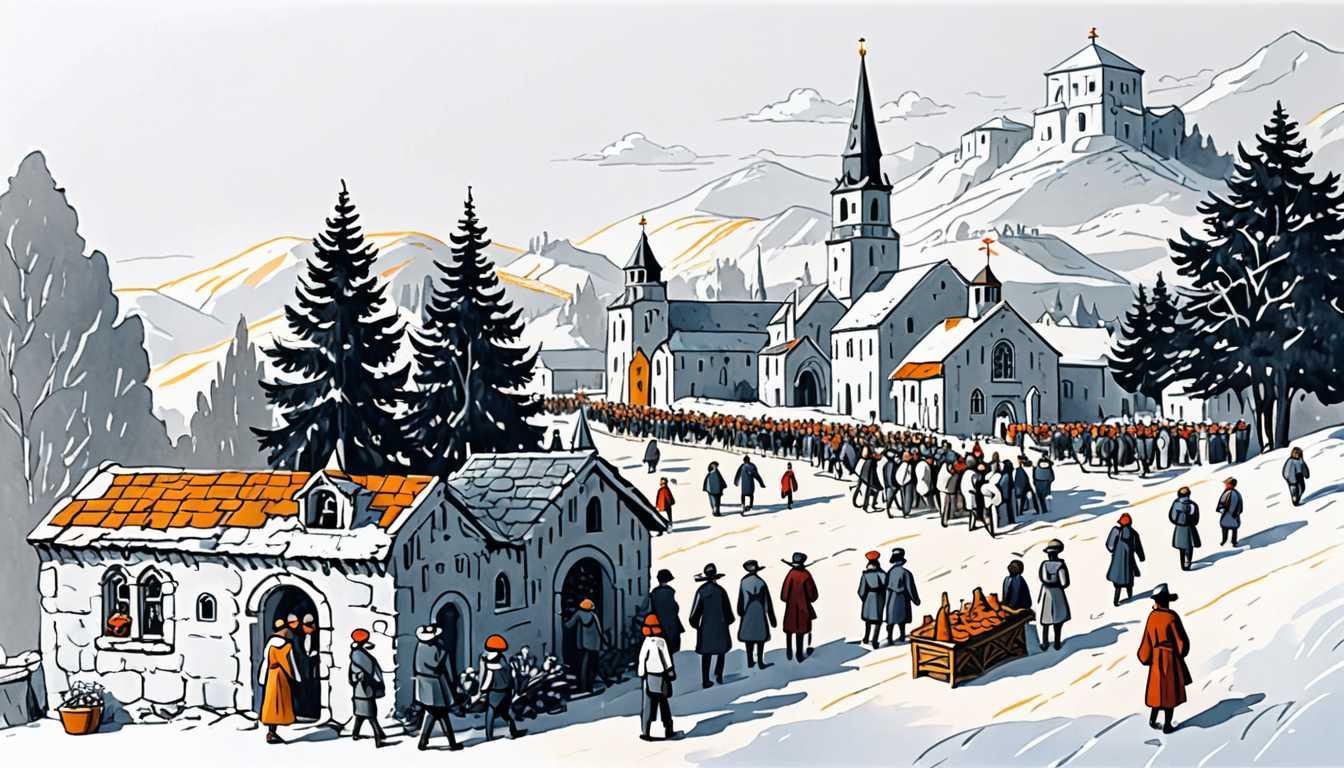Numbers Rule: The Power in Politics
April 2024
Massachusetts Institute of Technology (MIT)
Introduction
Dive into the fascinating world of data-driven debates with MIT's William Deringer! Ever wondered how numbers became so crucial in politics? From the 1600s British political scene to today's climate change discussions, numbers shape our views. Discover the historical journey of numerical arguments in public life and see how they influence decisions. It's not just about the stats; it's about power, politics, and persuasion. Get ready to be intrigued by the evolution of quantitative reasoning!
READ FULL ARTICLEWhy It Matters
Discover how this topic shapes your world and future
Numbers in Narratives - The Power of Data in Debate
Understanding the role of data in public debates is crucial because it shapes how societies make important decisions. Historically, the use of numerical data in politics, such as during the 1680s in Britain, marked a significant shift in public discourse, influencing the rise of political parties and parliamentary power. This evolution shows how essential transparent, data-driven discussions have become, particularly in addressing modern global issues like climate change and economic policy. For you, this topic isn’t just about numbers; it’s about understanding how these numbers can represent deeper truths or biases in discussions that shape the world you live in. It’s about seeing beyond the digits and grasping the real-world impacts of these arguments, making you a more informed participant in your community and the world.
Speak like a Scholar
Quantitative Reasoning
Using numbers and data to define or solve problems. It’s like using math to figure out real-world issues.
Empirical Evidence
Information obtained through observation or experimentation. Think of it as proof from the real world.
Interdisciplinary
Involving two or more academic subjects. Imagine combining science and history to study climate change.
Speculation
Making predictions about the market, which can be risky. It’s like guessing the future prices of stocks.
Statistical Data
Numbers collected from studies or surveys that help make decisions or conclusions. It's like using a poll to decide what the most popular game is at school.
Discounting
A method to figure out the value of something in the future by using a formula today. It’s like figuring out how much money you’d need now to buy something you want later.
Independent Research Ideas
The Evolution of Statistical Data in Political Debates
Explore how the use of statistics has changed in political discussions over the centuries. This could unveil how data has shaped public opinion and policy.
Impact of Quantitative Reasoning on Climate Change Policies
Investigate how numbers influence decisions in climate policy. This could lead to insights on how data drives actions in global issues.
The Role of Empirical Evidence in Shaping Public Health Policies
Examine case studies where data was crucial in making health-related decisions, such as during pandemics. This could highlight the importance of reliable data in crisis situations.
Interdisciplinary Approaches to Understanding Economic Theories
Study how combining economics with other fields like psychology can lead to better understanding of economic behaviors. This could reveal how complex economic decisions really are.
Historical Analysis of Financial Speculation and Its Consequences
Trace the history of financial speculation, like the South Sea Bubble, and its impact on societies. This could provide lessons on the risks and rewards of financial decisions.
Related Articles

Household Management: Lessons from Ancient Greece
August 2024
JSTOR Daily

Clergy, Cash, and Calculations: A Finance Tale
June 2024
MIT News

Unraveling the Mysteries of the Silk Road
October 2024
JSTOR Daily

Divided We Stand: Unraveling Zero-Sum Politics
March 2024
Harvard University

Argentina's Dollarization Dilemma: Bold or Risky?
April 2024
London School of Economics (LSE)